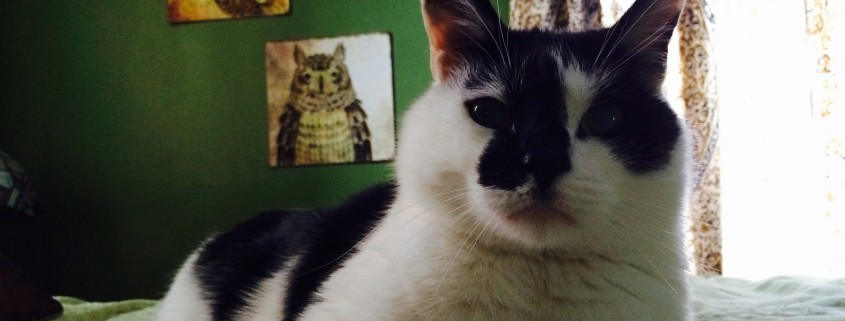Distemper in Cats
Feline distemper is a deadly virus that is also known as feline panleukopenia for feline infectious enteritis. Because it is highly contagious and very dangerous, it is included in the core vaccines recommended for all cats. The virus itself is very hardy and can live in the environment for up to a year. Despite the name, feline distemper is more closely related to canine parvovirus than canine distemper.
The disease initially presents with a fever, loss of appetite and vomiting. Other symptoms include dehydration, abdominal pain, hypothermia, septic shock and excessive blood clots. Pregnant females will transmit the virus to their kittens causing abortion or stillbirth. The virus attacks white blood cells to further impair the cat’s immune system.
There is no cure for distemper. Your vet can support the cat with fluids and electrolytes, but it is up to the cat’s immune system to fight off the disease. The distemper virus has fortunately been controlled very well by responsible vaccination practices and is no longer very common. Unvaccinated cats and kittens with developing immune systems after their new vaccines are at the highest risk for picking up the disease.
Studies
Vaccination against feline panleukopenia: implications from a field study in kittens.


